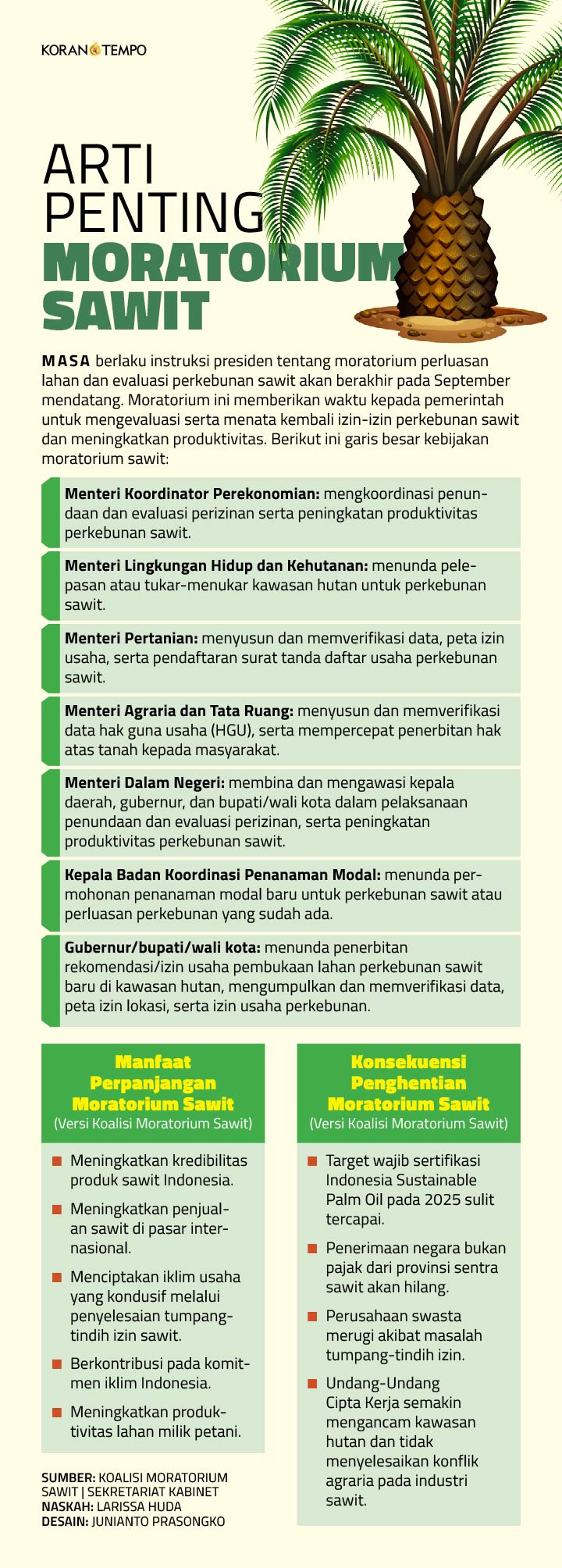Introduction
In the realm of legal disputes, traditional litigation isn’t always the most efficient or effective route to resolution. This is where alternative dispute resolution (ADR) steps in. ADR encompasses methods like mediation and arbitration, providing parties with more flexible and collaborative ways to address their conflicts. Let’s delve into the art of alternative resolution and explore its intricacies.
Understanding Alternative Dispute Resolution
At its core, ADR seeks to resolve disputes outside the courtroom through negotiation, mediation, or arbitration. Unlike litigation, which can be lengthy, costly, and adversarial, ADR approaches aim to promote dialogue, compromise, and mutually beneficial outcomes. This makes it an attractive option for parties looking to preserve relationships and achieve timely resolutions.
The Role of Mediation
Mediation stands out as one of the most widely used forms of ADR. In mediation, a neutral third party, known as the mediator, facilitates discussions between the parties to help them reach a mutually acceptable agreement. Mediation sessions are confidential, informal, and non-binding, allowing parties to explore creative solutions without the constraints of formal legal procedures.
Benefits of Mediation
One of the key advantages of mediation is its flexibility. Parties have control over the outcome and can tailor solutions to meet their unique needs and interests. Additionally, mediation tends to be faster and more cost-effective than litigation, making it an attractive option for resolving disputes efficiently. Moreover, mediation can help preserve relationships and foster a sense of closure for all involved.
Arbitration as an ADR Option
Arbitration is another popular form of ADR, particularly in commercial disputes. Unlike mediation, where the mediator facilitates negotiations, arbitration involves a neutral arbitrator who acts as a decision-maker. Parties present their cases and evidence to the arbitrator, who then issues a binding decision, akin to a court judgment.
Advantages of Arbitration
Arbitration offers several advantages, including confidentiality, flexibility in scheduling, and the ability to choose arbitrators with relevant expertise. Moreover, arbitration awards are enforceable, providing parties with a final resolution to their dispute. While arbitration shares some similarities with litigation, it typically offers a more streamlined and efficient process.
Choosing the Right ADR Approach
Selecting the appropriate ADR approach depends on various factors, including the nature of the dispute, the relationship between the parties, and their preferences regarding confidentiality and control. Some disputes may lend themselves well to mediation, where parties can collaborate on finding creative solutions. In contrast, others may require the binding decision-making process offered by arbitration.
The Importance of Legal Representation
While ADR offers a more collaborative approach to dispute resolution, it’s essential for parties to seek legal guidance throughout the process. An experienced attorney can provide valuable insights, help parties understand their rights and obligations, and advocate for their interests during negotiations or arbitration hearings. Legal representation ensures that parties make informed decisions and achieve fair outcomes.
Conclusion
Navigating disputes through alternative resolution methods requires a nuanced understanding of negotiation techniques, communication skills, and legal principles. By embracing the art of alternative resolution, parties can sidestep the adversarial nature of traditional litigation and work towards mutually beneficial solutions. Whether through mediation or arbitration, ADR offers a path to resolution that prioritizes cooperation, efficiency, and preservation of relationships. Read more about litigation and alternative dispute resolution






